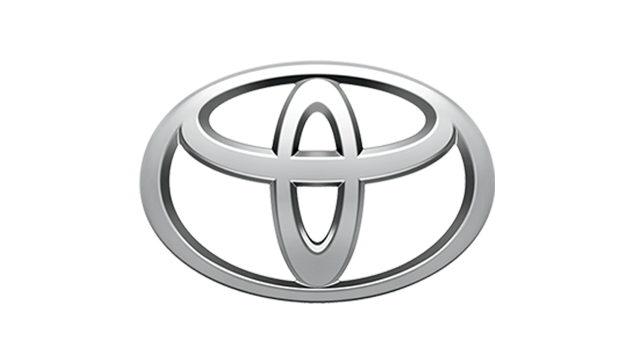
The Land Transportation Office and other government agencies like the Metropolitan Manila Development Authority, the Philippine National Police and the Department of Health are now busy drafting the implementing rules and regulations (IRR) for the public rollout of Republic Act 10586 or the \"Anti-Drunk and Drugged Driving Act of 2013.\"
According to Dr. Clarito Cairo Jr. of the DOH--who is part of the technical working group developing the IRR--the deadline for their submission is in September. Once these rules and regulations have been approved, the Act \"shall take effect after 15 days from its publication in the Official Gazette or in two national newspapers of general circulation.\" The government hopes to have the law in place before the end of the year. This was revealed at this month\'s Usapan AAP forum, which was hosted by the Automobile Association Philippines.
\"What I can say for now is what has been agreed upon, and it\'s that the blood alcohol content limit is 0.05 (one-fifth of one percent of a person\'s blood by volume),\" Cairo added.
Based on the Act, law enforcement officers who have probable cause to believe that a driver is under the influence of alcohol or dangerous drugs are required to flag the driver down and subject him/her to a series of field sobriety tests. If the driver fails the tests, his/her blood alcohol concentration level must be determined using a breathalyzer. If the driver refuses to undergo the field sobriety and breathalyzer tests, the Act penalizes them by confiscating and automatically revoking their driver\'s license.
In addition, a driver of a motor vehicle involved in a vehicular accident that results in physical injuries or the loss of human life shall also be subjected to the tests, including a drug screening test and, if necessary, a drug confirmatory test.
If it\'s confirmed that a violator is driving under the influence, he or she will be penalized with imprisonment of three months and a fine ranging from P20,000 to P80,000. If the violation results in physical injuries, the penalty will be imprisonment as provided for in Article 263 of the Revised Penal Code and a fine of P100,000 to P200,000. On the other hand, if the fine results in the loss of life, the penalty will be imprisonment as provided for in Article 249 of the Revised Penal Code and a fine of P300,000 to P500,000.
In addition, the nonprofessional driver\'s license of a violator will also be confiscated and suspended for 12 months for the first conviction, followed by permanent revocation on the second conviction. The professional driver\'s license of a violator, meanwhile, will be confiscated and permanently revoked on the first conviction.
The Act also states that the LTO shall conduct random terminal inspections and drug tests of public-utility drivers.
Do you think this anti-drunk driving law will be properly implemented, or will it be subject to abuse by the authorities?










